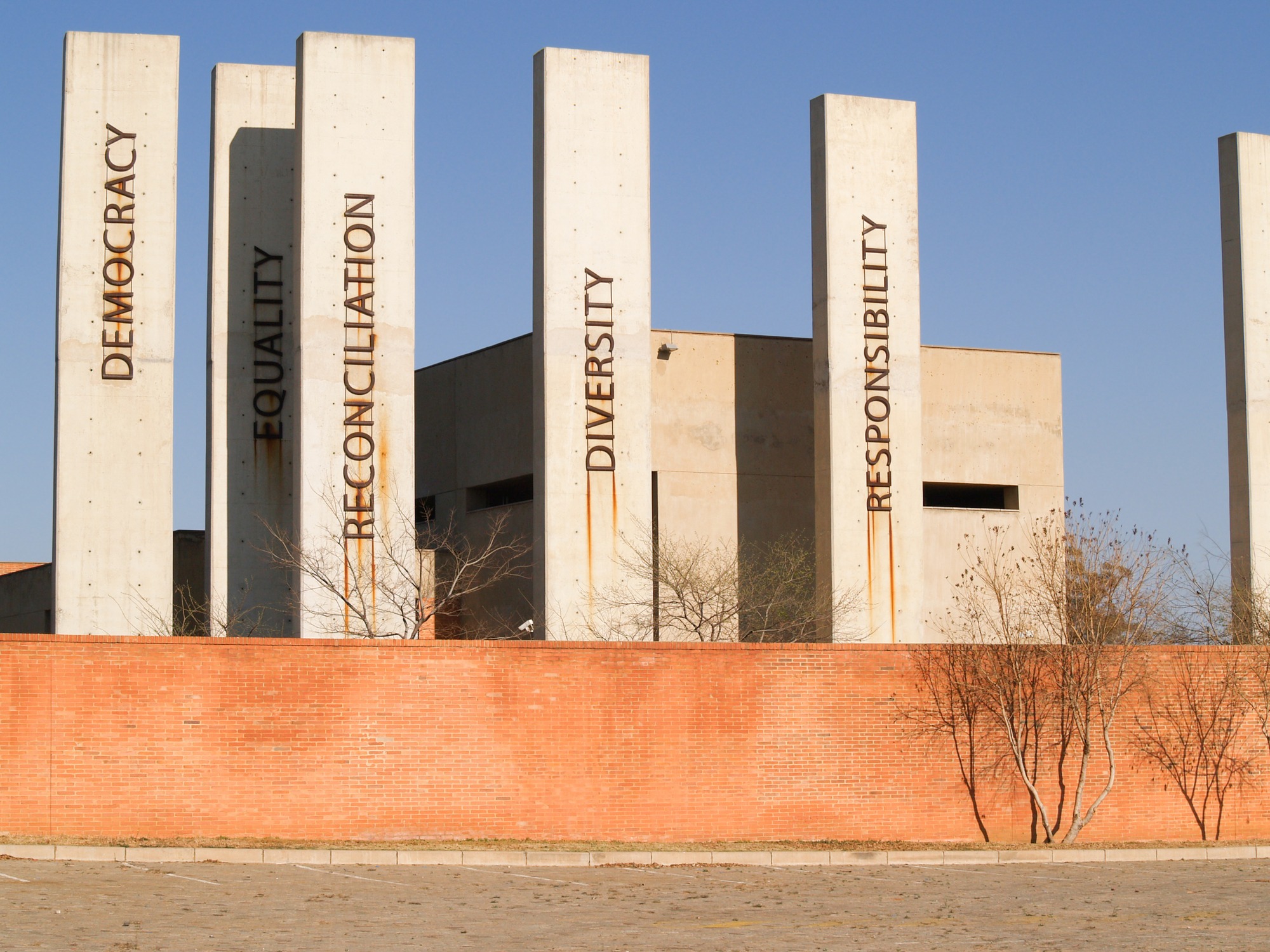Dear folks,
I felt the best thing I can do at this point is review different discussions in different quarters, and try to bring some mutual understanding. There are overlapping elements but they take the conversation off in different directions, and that’s okay, as we don’t need to be on about the same concerns to find mutual understanding, respect, and, in some smaller space (but important), common ground to defend, nay, flourish secularity, the non-supernaturalist ‘spirituality’, and more importantly in all of that, humanity and life.
Start with the oldest issue of “faith”. I am very sorry to miss Glen’s talk, but Glen has talked to me personally on past occasions. What I am hearing from Glen, and also from Akiva’s excellent contentions, it seems to me we have all revealed the different semantics that are read by these rhetorical terms: faith, religion, spirituality, and belief-doubt.
The differences are only in the systems thought which have been breaking down in the last century or more: transcendentalism, materialism, rationalism, and various halfway houses — the most sustainable being Unitarian-Universalism. Even in Unitarian-Universalism the philosophical work has largely been left undone because of the anti-intellectualism and pragmatism of the American globalised culture.
Unity and universality are tricky ways of thinking and we all fall for the rhetorical nonsense which wants to tie everything together. Generally, postmodernism is an argument that we should not go down that pathway, and leave everything fragmented and contextualised. The problem is that we can not. It is in the nature of humanity to tie it all together, otherwise what is this human mind that seeks a unifying worldview, but ends up with worlds within worlds. Forever the maze of learning. And yet it is on our western-side of nature to continue down Hegel’s pathway. Find the synthesis!
As I have been trying to explain to all my friends, from my scholarly work, there are reasonings from Australian history in why we tend to talk past each other, and this is an addition to the system thought — the way the global, regional, and local interconnect in thought. Adelaide has had a strong religious dissenting tradition which also feeds the growing Australia’s skeptical tradition. Melbourne delivered an establishment-type intelligentsia and the middle-working classes allied progressivism. Sydney the avant-garde and Anglican evangelical hypo-conservatism. Queensland a hidden intellectual history, especially from the South-East but not excluding other regions (I am trying to finish my book). Rural Australia and other cities also bring different bents to our thinking. We think in the lebensphilosophie, for each existentially the only life experience. Here, once you have done the analysis, it is all tautology: experience, existence, lebensphilosophie, and life. The difference is the grammatical shades, and in each term, the context.
Nevertheless, we can talk with each other and understand.
Kind regards,
Neville.
As Paul, the theologian (!), invited his rationalist friend to the conversational table, I have added my local and national humanist and skeptics friends. It is crazy, the rhetoric of the culture-history war, when we friends of the widest philosophical positioning are conversing with mutual understanding, respect, and friendship. It is time the public culture hears our mutual endeavours for a peaceful and just society; as exemplified in my paper gaining international traction, Finding Peace from the Culture-History War: A Historiographical Message for the Times.
Featured Image: Johannesburg South Africa – August 15 2007; Brick wall with black and white sign for Apartheid Museum, and pillars with other conceptual words. Photo 252665388 / Reconciliation © Brian Scantlebury | Dreamstime.com

The following two tabs change content below.
Neville Buch
Professional Historian at Professional Historians Association (Queensland) Inc.
Neville Buch (Pronounced Book) Ph.D. is a certified member of the Professional Historians Association (Queensland). Since 2010 he has operated a sole trade business in history consultancy. He was a Q ANZAC 100 Fellow 2014-2015 at the State Library of Queensland. Dr Buch was the PHA (Qld) e-Bulletin, the monthly state association’s electronic publication, and was a member of its Management Committee. He is the Managing Director of the Brisbane Southside History Network.
Latest posts by Neville Buch (see all)
- Dear grossly, ethically, corrupted - December 21, 2024
- Thoughts with a Professional History colleague on “Artificial Intelligence” - December 21, 2024
- Stephanie M. Lee on “AI by omission”, The Chronicle of Higher Education, Thursday, December 19, 2024 - December 20, 2024
